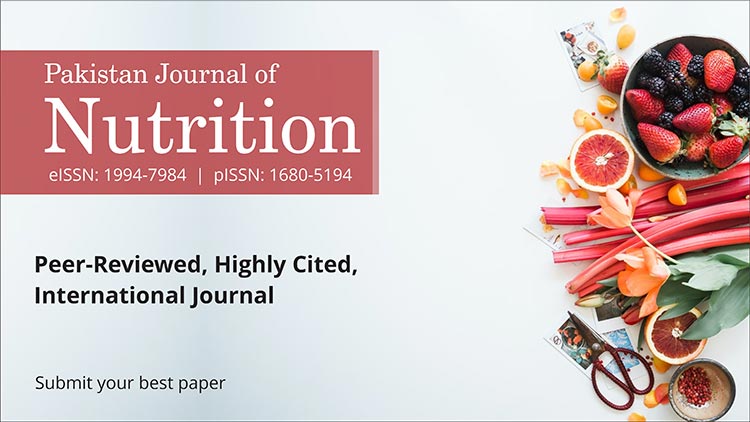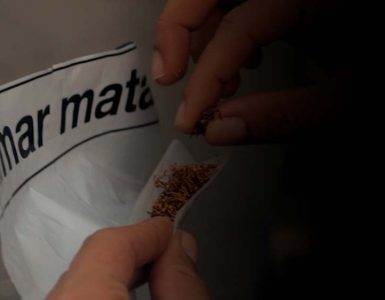Human health mostly depends upon the food intake and our lifestyle pattern. Diet not only provides the required elements for the body but also save us from several diseases. A healthy diet is closely connected to the prevention of kidney disease, comprising ‘Nephrotic Syndrome’. This kidney disorder causes the body to lose a substantial amount of protein through the urine. In children, this disease can occur due to inappropriate parenting and a lack of knowledge about good eating patterns. The carelessness of the patients provides the freedom to children and they mostly attract to packaged foods and drinks every day. These drinks contain a considerable amount of phosphorus and sodium that, consequently, accumulate in the kidneys.
Kidney Disease Improving Global Outcomes (2012) stated that primary nephrotic syndrome accounts for 90% of the cases of nephrotic syndrome in children while the remaining have secondary nephrotic syndrome. Zolotas and Krishnan (2016) pointed out that Nephrotic syndrome in children occurs commonly in the age range of 2-14 years. The prevalence of nephrotic syndrome in children is increasing every year. The major causes are artificial sweeteners and packaged drinks that increase the risk of nephrotic syndrome in children. Children also like tea and milk in packs and sweetened drinks and the reason is simple, the freedom of children and carelessness of parents. The majority of such parents bowed in front of their children because they cry, get angry, and beat their parents if their desires were not followed.

Democratic parenting is the type of parenting in which parents treat their kids with respect and dignity. Children are given freedom of selections and made responsible for their decision. Parents will keep an eye on the children and freedom should be given in accordance with their age. Agustiawati (2014) studied that knowledge and parenting improve parents’ attitudes towards establishing better relationships with their children. Such attitudes can be seen in the way that parents pay attention to their children, provide them with both gifts and punishments, and respond to their children’s desires.
Recently a research conducted by Krisnana et al. (2020) published in the Pakistan Journal of Nutrition to analyze the relationship between parents’ knowledge and parenting patterns and the eating and drinking patterns of children with nephrotic syndrome. The team of researchers found that democratic parenting can be a good choice because it pays attention to and respects children’s freedom but the freedom should be partial not absolute as the parents must provide understanding and guidance.
















Add comment